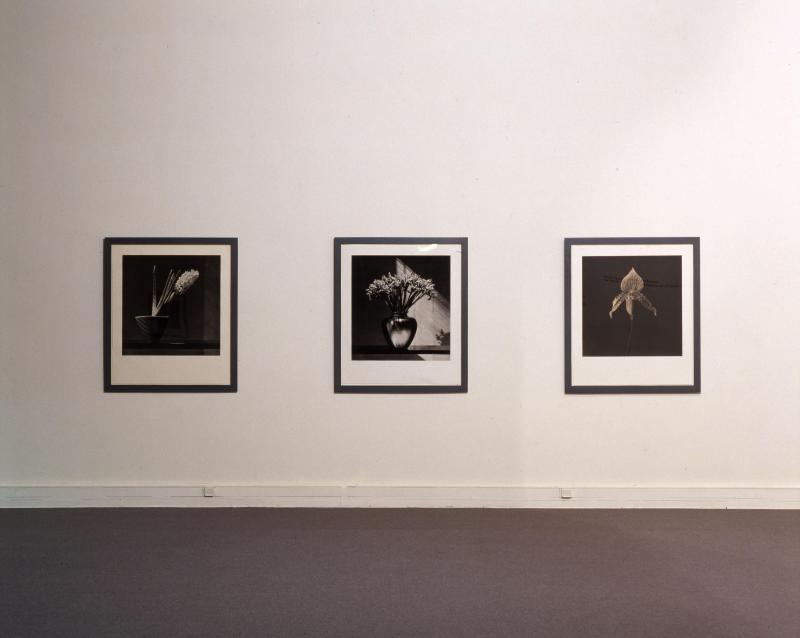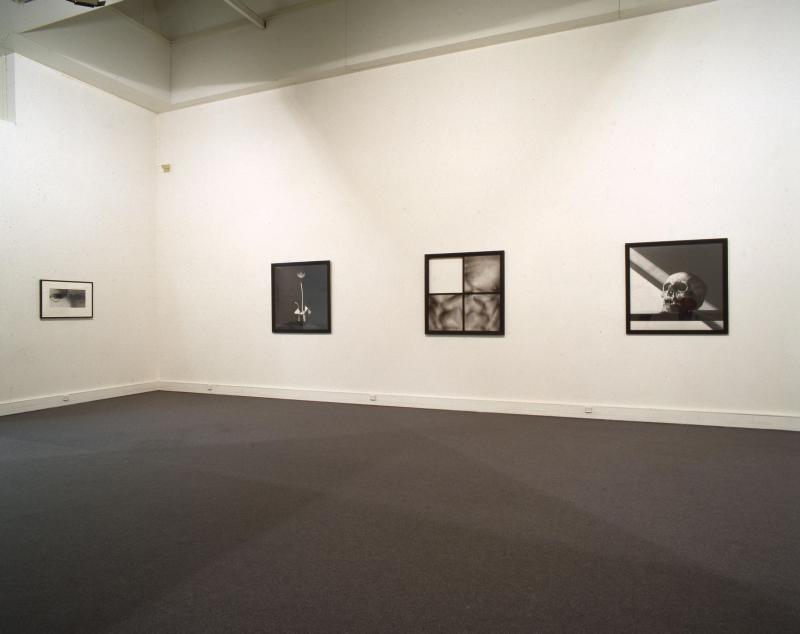Robert Mapplethorpe
1993年09月25日—1994年01月07日
Curated by Germano Celant
From 1970 to 1976 Mapplethorpe’s photographic oeuvre delineates the emergence of a double status. On the one hand, we have the scandalousness of the homosexual love and the cult of sexual and racial “diversity”, the inflamed and explosive utterances of experience and everyday life. On the other hand, we note a sublimation of images through the rigours composition of the figures, the refined and constructed representation of an ideal beauty that finds its meaning in Antiquity. The attack on modesty and erotic provocation, as gestures of social rebellion, hark back to Dadaism and Surrealism: here, the logic inherent in order and in harmonious vision, as mirrored in the sculptural rigor of the figurations, recalls the study of the model in sculpture during the Renaissance and Neo-Classicism. Art (and the photography) begins to generate active associations that can clarify one’s own desires and drives. In his very first works, the artist establishes the dominant subject of his oeuvre: the search for a “savage” mind, one that is different, e.g., homosexual, to pit against a common “civilized”, i.e., heterosexual language. Mapplethorpe wishes to introduce difference and diversity into a culture that excludes them. He intends to move along the threshold between the sexes, in order to describe normality, not exceptions. He tries to show that despite their heretical nature and refusal to depict them, homoeroticism and homosexuality have a place in the history of art and photography, both in past and in present. For Mapplethorpe, the two spheres of life, private and public, male, female, interior and exterior, are stones within a single mosaic. In 1973, Mapplethorpe begins to reveal another essential facet of his creative investigation: neo-classical photography. By studying the problem of the classical monument and its living ambiguity, Mapplethorpe is striving to mirror “art in life and art in photography”.
Robert Mapplethorpe
Floral Park, USA, 1946-1989. In 1963, Mapplethorpe enrolled at Pratt Institute in nearby Brooklyn, where he studied drawing, painting, and sculpture. Influenced by... 阅读文章
Centro per l'arte contemporanea Luigi Pecci
Viale della Repubblica, 277, 59100 Prato PO, Italia
Produced by
Centro per l’Arte Contemporanea Luigi Pecci di Prato
Palais des Beaux-Arts Brussels
Robert Mapplethorpe Foundation


.jpg)